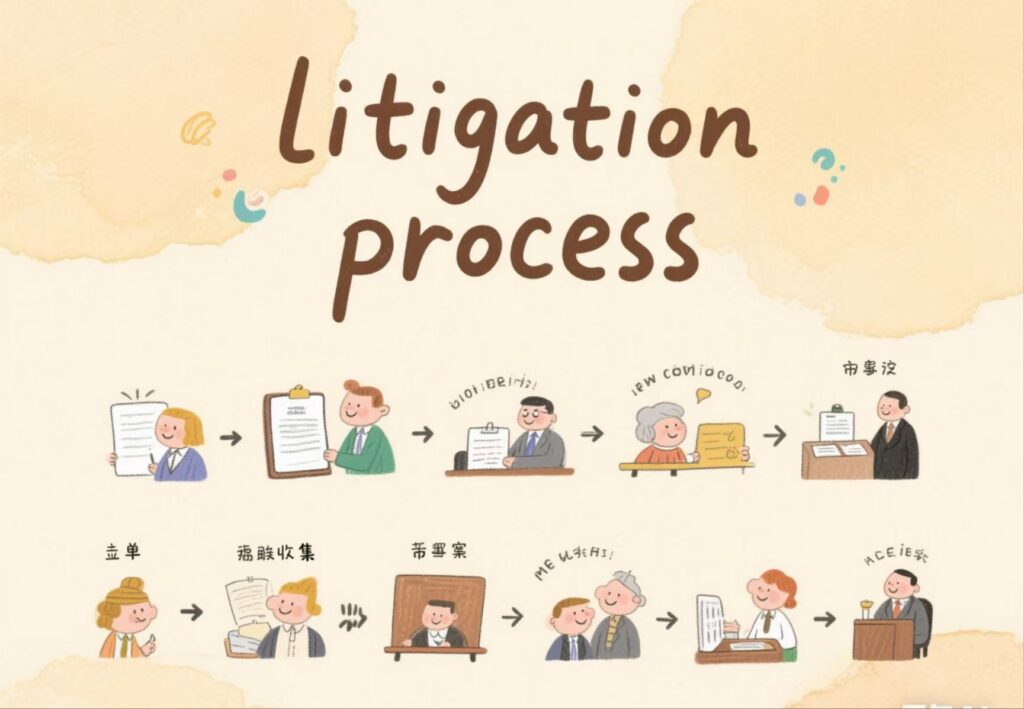Facing a lawsuit—whether as a plaintiff or defendant—can be overwhelming. Litigation is costly, time-consuming, and stressful, but with the right approach, you can manage it effectively. Here are key strategies to help you through the process.
1. Understand Your Case Inside and Out
Know the legal claims – What laws apply? What must you prove (or defend against)?
Gather evidence early – Documents, emails, witness statements, and expert opinions.
Identify strengths & weaknesses – Be realistic about your position to avoid surprises.
2. Choose the Right Lawyer (If Needed)
Specialization matters – Hire an attorney experienced in your type of case (e.g., contract disputes, personal injury, employment law).
Cost vs. benefit – Discuss fees upfront (hourly vs. contingency) and weigh whether litigation is worth the expense.
3. Explore Settlement Options First
Negotiation – Many cases settle before trial. Be open to discussions.
Mediation/Arbitration – Faster, cheaper alternatives to court.
Know when to walk away – Sometimes settling early saves more than winning at trial.
4. Prepare for the Long Haul
Litigation takes time – Cases can drag on for months or years. Stay patient.
Stay organized – Keep all documents, deadlines, and communications in order.

5. Manage Costs Strategically
Budget for legal fees – Unexpected costs (discovery, expert witnesses) add up.
Consider litigation financing – If cash flow is an issue, some firms offer funding options.
6. Master the Discovery Process
Respond thoroughly – Missing deadlines or hiding evidence can hurt your case.
Use depositions wisely – Question key witnesses to lock in testimony.
7. Control Emotions & Public Perception
Avoid social media – Posts can be used against you.
Stay professional – Anger in court or emails can damage credibility.
8. Be Ready for Trial (Even If You Hope to Settle)
Mock trials help – Test arguments and anticipate weaknesses.
Prepare witnesses – Ensure they’re clear, consistent, and credible.
Final Thought: Is Litigation Worth It?
Before diving in, ask:
Do the potential rewards outweigh the costs?
Is there a better way to resolve this?
If you must go to court, preparation is key. The more strategic you are, the better your chances of success.
Have you been through litigation? Share your tips below! ⚖️



